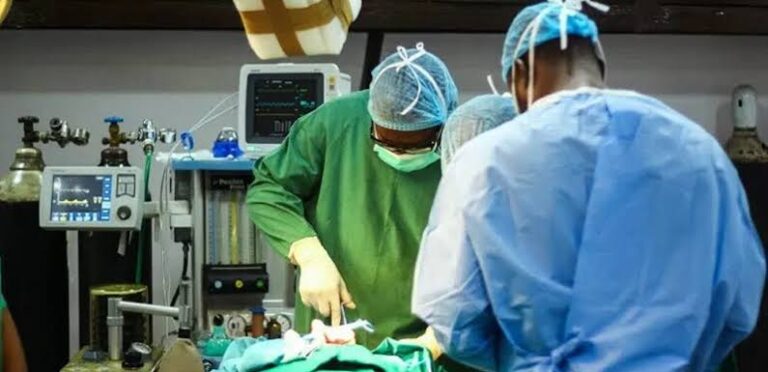Reports have surfaced claiming that a significant proportion of Black doctors in the U.S. are Nigerians, with figures suggesting nearly 80%. While this number may be somewhat exaggerated, the notable achievements of Nigerian physicians like Dr. Foyekemi Ikyaator, who opened her own emergency room at just 32, lend credence to the remarkable presence of Nigerians in the U.S. medical field. This trend is not merely a numerical anomaly but a testament to various social, cultural, and historical influences.
The Emphasis on Education in Nigerian Culture
A key factor driving the high number of Nigerian doctors in the U.S. is the strong cultural emphasis on education. In Nigeria, education is often seen as a primary route to social mobility and economic stability. Many Nigerian families prioritize academic excellence from a young age, with a particular focus on prestigious professions such as medicine, engineering, and law. According to the Migration Policy Institute, 61% of Nigerian immigrants in the U.S. hold at least a bachelor’s degree, a stark contrast to 31% of the overall foreign-born population.
Historical Migration Patterns
The migration of Nigerians to the United States has a significant history, dating back to the mid-20th century. The 1965 Immigration and Nationality Act, which eliminated national-origin quotas, facilitated a new wave of African immigrants, including many Nigerians. These immigrants, often students seeking higher education, found opportunities in U.S. universities, leading to a significant increase in the Nigerian presence in American academic institutions. Many of these students remained in the U.S. after their studies, contributing to the skilled workforce, particularly in medicine.

The Nigerian Education System and Medical Training
Nigeria boasts a robust education system with several universities offering medical degrees. However, challenges within the Nigerian healthcare system, such as inadequate infrastructure and limited opportunities for specialization, drive many medical graduates to seek further training and practice opportunities abroad. Nigerian doctors are well-trained and highly skilled, making them competitive candidates for U.S. medical residency programs. The advanced facilities and training opportunities available in the U.S. enable these doctors to specialize in fields like cardiology, neurology, and oncology.
Also, read; White Couple Arrested for Enslaving Adopted Black Teens
Systemic and Institutional Support
The success of Nigerian doctors in the U.S. is also bolstered by systemic and institutional frameworks that reward excellence in medicine. Many U.S. medical institutions value diversity and have initiatives aimed at increasing the representation of minority doctors. These programs often provide scholarships, mentorship, and other forms of support to minority medical students, including those from Nigeria. Additionally, professional networks and associations like the Association of Nigerian Physicians in the Americas (ANPA) play a crucial role in providing support and facilitating career advancement for Nigerian doctors.

Cultural Adaptability and Resilience
Nigerians are known for their resilience and adaptability, traits essential for success in the demanding field of medicine. Their ability to navigate and thrive in different cultural and professional environments gives Nigerian doctors a unique advantage. This adaptability is reflected in their effective work in diverse healthcare settings. Overcoming the challenges of migration and integration into a new country builds resilience, further strengthening their resolve and dedication to the medical profession.
Conclusion
A CNN report highlights that only 5.7% of U.S. doctors are Black, underscoring the public health implications of this shortage. By recognizing and supporting the contributions of Nigerian doctors, the U.S. can benefit immensely from their skills and perspectives, fostering a more inclusive and representative healthcare system. Nigerian doctors bring unique insights that can help address health disparities and improve outcomes for minority populations.
Embracing the contributions of Nigerian doctors can also be a significant step toward addressing health equity. Ensuring that the medical workforce reflects the diverse populations it serves can lead to better communication, increased patient trust, and improved health outcomes.
The success of Nigerian doctors in the U.S. highlights the importance of creating pathways for other underrepresented groups to enter and thrive in the medical profession, ultimately building a more equitable and effective healthcare system for all. Recognizing their achievements is not just about celebrating success but also about learning from their experiences to create a just and inclusive healthcare system for everyone.

